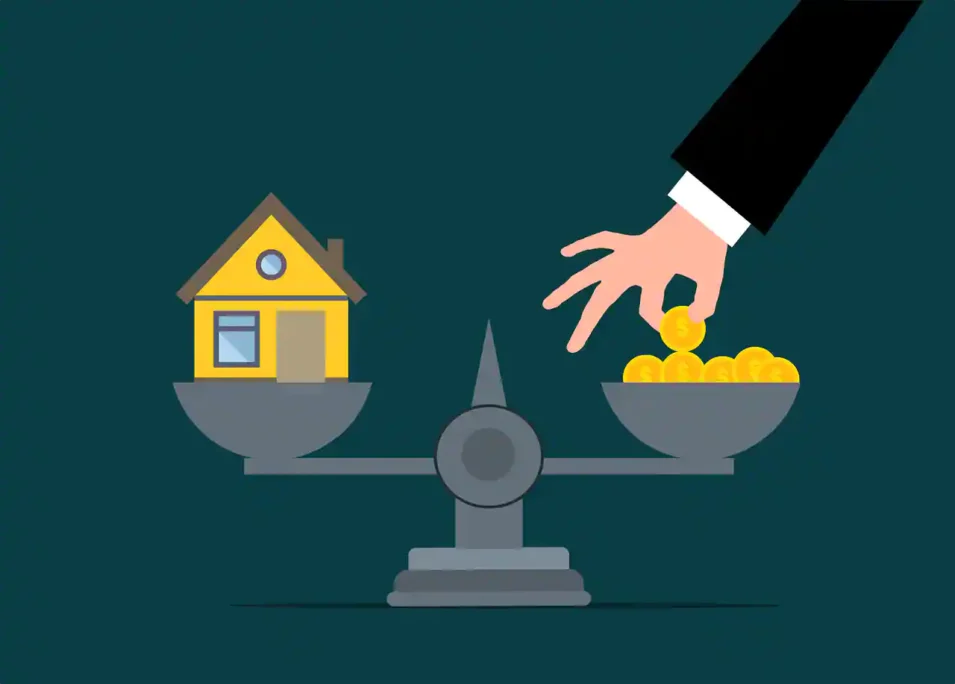Purchasing real estate is quite a goal for every individual. Renting of apartments or houses is common, but the feeling that an owned property provides is unmatched. Everybody would like to have the leverage of using a housing property for residential usage or even as an investment for adverse situations. However, financing the property can be a troublesome task.
What Are Some Sources Of Housing Finance?

There can be multiple real estate financing options available to people. Considering that you are willing to raise finance for a house, you have to understand options that will provide maximum time for repayment with minimum interest. San Francisco realtors that are available on amsires.com often provide enough financial support to prospective buyers.
Hard Money Loans
Some sort of property of the borrower basically backs Hard Money loans. The property is usually future depreciation proof or has excellent growth potential. The money can be raised against such assets. It is more of an unofficial or unorganized financing means for a house. It would be best if you remembered that it might be challenging to raise a considerable amount through complex money financing, considering the interest rates and size of lenders.
Since hard money loans are riskier for lenders, they often have a high interest rate. Such privately financed debt is almost usually backed by real estate. The primary goal of addressing these creditors is to get financing without the time-consuming documentation that banks need quickly. It is also possible to negotiate the terms and circumstances of repayment.
Commercial Bank

One of the most commonly used financing sources is commercial bank loans. Bank loans are provided under various schemes. There are specific home loans in order to fund the desire to purchase real estate properties. These loans have a relatively lower interest rate compared to the other loans that banks provide. Besides the lower interest rate, they are often tax deductible and therefore save a lot on tax liabilities over the years.
The only disadvantage of a bank loan is that you will need to have a good credit score along with a healthy income source even to be eligible for application. The documentation may take a prolonged period of time and is considered problematic to some extent. Overall, banks are one the most publicly popular modes of raising finance.
Lease Financing
Leasing is a contract that allows a company to utilize and control assets without purchasing and owning them. It is a type of asset rental. A lease is a contract in which the asset’s owner (the lessor) grants the lessee the right to use the item for a predetermined length of time in exchange for a sum of money, known as the lease rental. The terms and conditions of the agreement govern the deal. The lessor receives periodic fixed payments from the lessee for the lease rent over a period of time.
If you do not wish to go for an outright purchase, this option is quite viable. Lease financing has one major disadvantage of not having any ownership rights even after periodic payments for the use of the property. Therefore, if you want a hybrid option where you can get ownership of a residential property subsequently, you may go for the next option of hire purchase finance.
Hire Purchase
Hire Purchase is a transaction where properties are purchased and sold on the terms that the payment will be made in installments. The possession of the property is given to the buyer immediately. The ownership of the property remains with the vendor till the last installment is paid, and the seller can repossess the property in case of default in payment of any installment. Each installment is treated as hire charges till the last installment is paid.
This is a form of financing where the property is technically under the possession of the buyer, but the ownership is transferred only when the entire payment is made. If the payments have defaulted, the ownership is not transferred. It is much like a bank mortgage loan, but the ownership remains with the original owner.
What To Consider About Costs?

Explicit Cost Of Capital
You must realize that the amount of capital you raise will have some sort of interest repayment. This shall be a fixed charge which you will have to bear out of your own pocket. Unless you are using the property for rental or business purposes, you cannot really cover the interest charges directly through the building. You will have to have some sort of income stream that can sustain such payment over the term period of the loan. The direct cost implies the exact amount you will have to pay to the lender.
One important concept that you must be aware of is the time value of money. You must try to pay the interest and repayment amount as late as possible. Doing this is essential as money loses value over time. If you only consider the time value of money, you will be missing out on tax benefits and will also end up paying more interest. Therefore, you should be competent in computing the optimum duration for which you should take the loan for.
Conclusion
A real estate property gains a certain amount of value over time. As and how it is maintained and the location becomes busier, real estate appreciates in value. Therefore you may want to incorporate that into your calculations. If you feel that a property will appreciate more, you may want to raise finance for it even if it costs more. This decision depends upon the net gain you shall have. For instance, if a property shall appreciate by fifteen percent and its interest is ten percent annually, your net gain is five percent. You may even compare in absolute terms to get a bigger picture.










